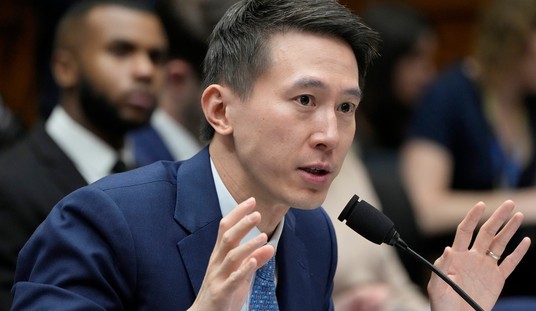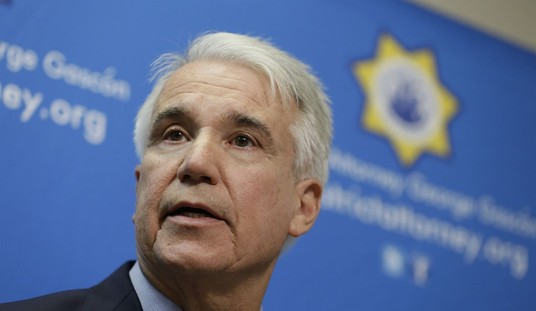In a fanfare-free announcement on the Treasury Department’s Assistant Secretary for Tax Policy’s blog in February, the administration announced that the Affordable Care Act’s mandate that medium-sized businesses cover their employees’ health coverage or pay fines was delayed… again. The implementation of the employer mandate was previously delayed for businesses of all sizes until 2015, but the administration determined that this was still not enough time to allow for the majority of American firms to comply with the 2010 law. That latest delay pushed off the employer mandate for businesses with between 50 and 99 employees until 2016.
In June, National Journal’s Ron Fournier predicted that the White House would have no choice but to embrace the mandate – it is the “law of the land,” after all – and they should do it sooner rather than later. He noted that the mandate is a critical funding mechanism designed to help subsidize expanded insurance coverage, and that it would require an act of Congress in an election year to repeal it.
“They’ve already delayed the mandate twice,” Fournier wrote. “A third time would further diminish the credibility of the law and of the administration.”
But the political and technical problems the mandate presents for the party in power have long been a greater source of concern for liberals. In July of last year, Vox.com founder Ezra Klein praised the delay of the ACA’s employer mandate and recommended that it be repealed entirely. In April, former White House Press Sec. Robert Gibbs predicted that the mandate would be jettisoned entirely.
It seems that liberal advocates and activists are leaning more in that direction than in Fournier’s. On Monday, a Politico report detailed how liberals are giving up on the employer mandate.
“More and more liberal activists and policy experts who help shape Democratic thinking on health care have concluded that penalizing businesses if they don’t offer health insurance is an unnecessary element of the Affordable Care Act that may do more harm than good,” Politico reported.
The employer coverage rules were part of the ACA’s core philosophy that individuals, employers and the government should all contribute to paying health care costs. Some Democratic constituencies, including labor unions and Obamacare proponents like Families USA, still see it that way.
But the shift among liberal policy experts and advocates has been rapid. A stream of studies and statements have deemed the mandate only moderately useful for getting more people covered under Obamacare. And they too have come to see it as clumsy, a regulatory and financial burden that creates as many problems as it solves.
The objections Klein raised to the employer mandate in 2013 are similar to those being raised by liberal policy advocates:
– By imposing a tax on employers for hiring people from low- and moderate-income families who would qualify for subsidies in the new health insurance exchanges, it would discourage firms from hiring such individuals and would favor the hiring — for the same jobs — of people who don’t qualify for subsidies (primarily people from families at higher income levels).
– It would provide an incentive for employers to convert full-time workers (i.e., workers employed at least 30 hours per week) to part-time workers.
– It would place significant new administrative burdens and costs on employers.
Fully repealing the employer mandate would require an act of Congress; an unlikely prospect. The last two delays to the mandate were enacted when the administration requested that the IRS delay the implementation of penalties on noncompliant businesses. “Republicans won’t pass any legislation that makes the law work better,” Klein wrote. “Improving the law, they fear, will weaken the arguments for repeal.”
Moderate Republicans, meanwhile, say that the administration is to blame for the lack of legislative fixes to the ACA. “The White House is putting a lot of pressure on the Democratic leadership to not allow a vote on a significant change to Obamacare that would likely pass,” Sen. Susan Collins (R-ME), one of the cosponsors of a bill to repeal the employer mandate, told Politico.
Fourier’s prediction was based on the assumption that the White House’s credibility was on the line if they refused to implement the employer mandate. It would seem, though, that the White House believes that their credibility would be more imperiled if the implementation of the mandate was a disaster or if they suffered a political rebuke in Congress when a major portion of the health care reform law is repealed in a bipartisan vote.
Though it is a cynical strategy, the White House is probably right.








Join the conversation as a VIP Member